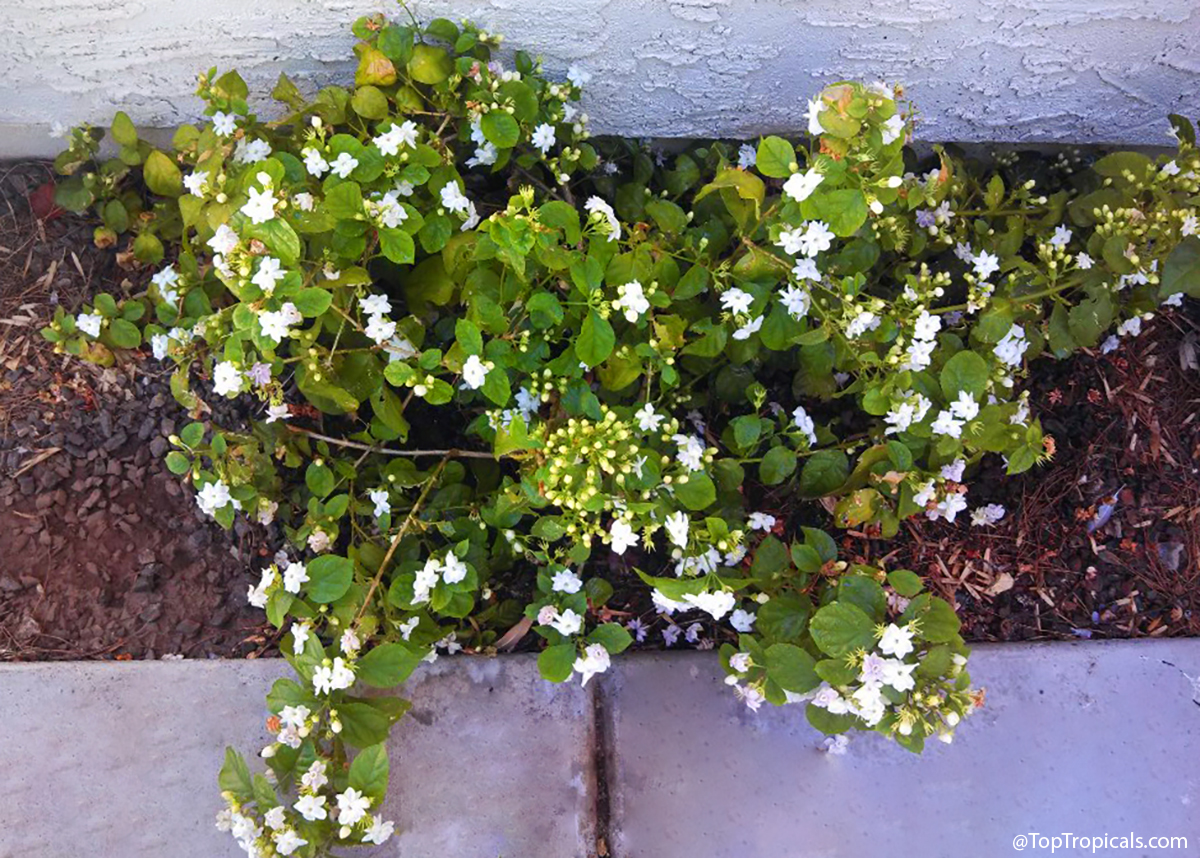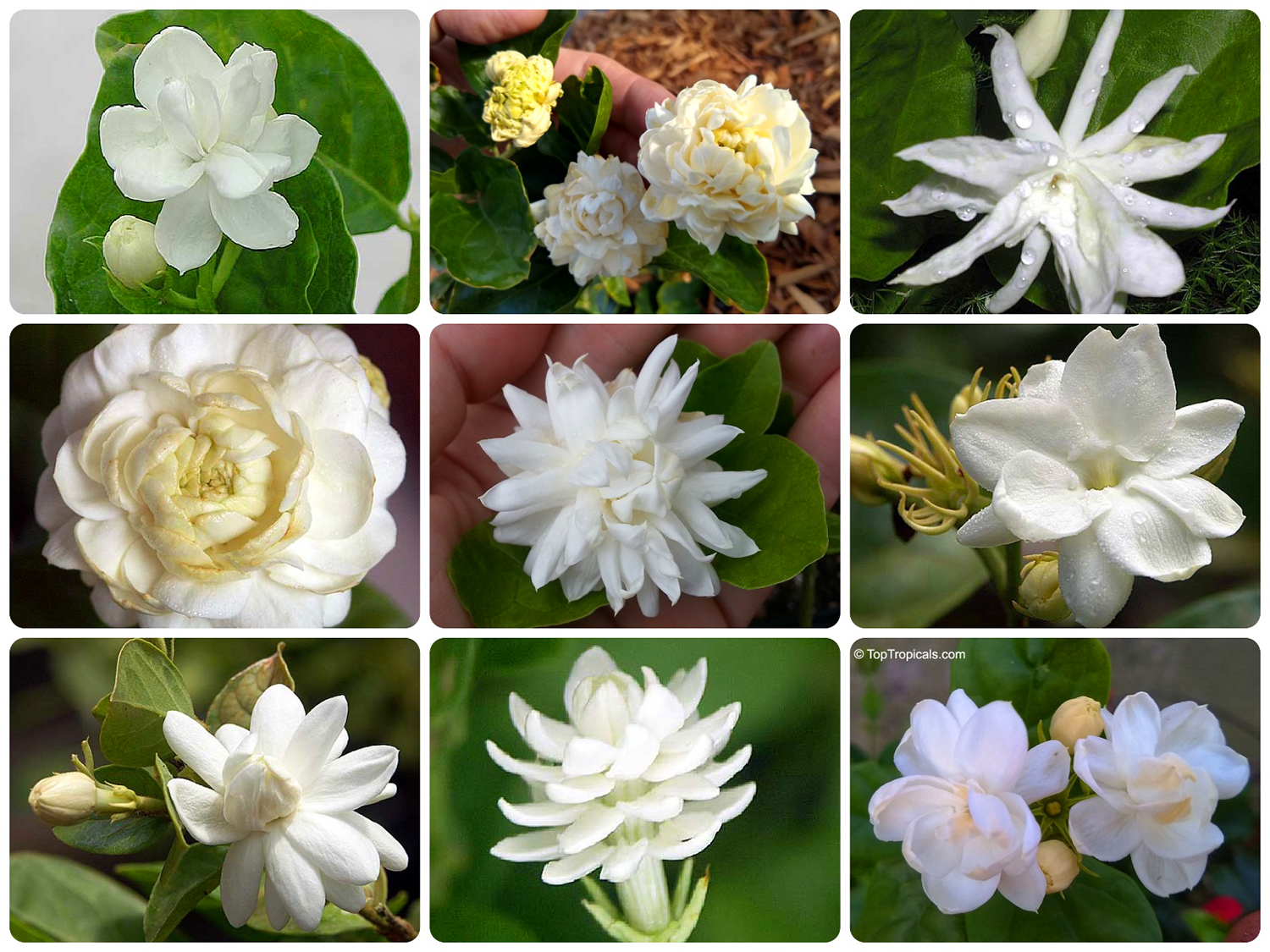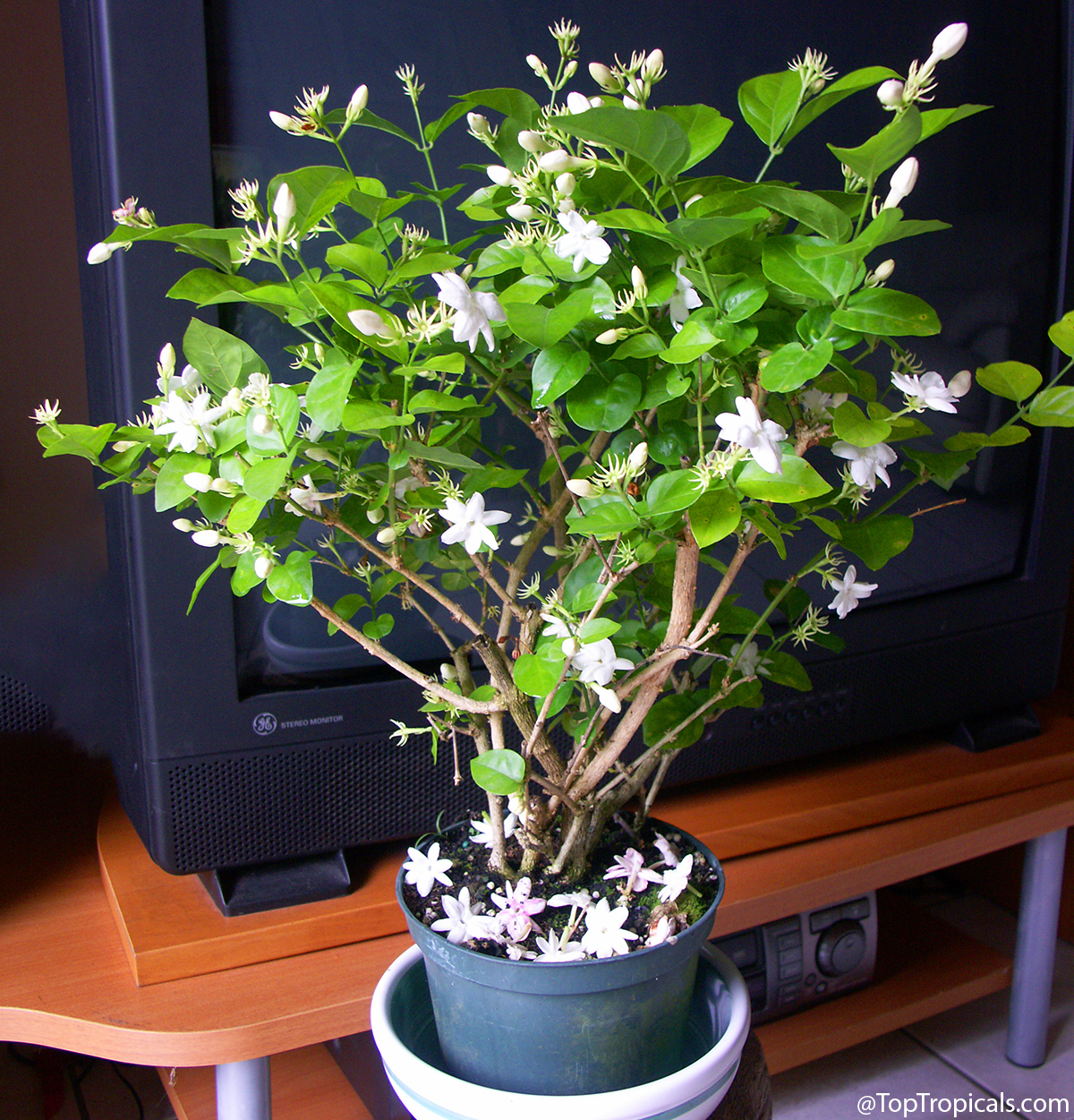Recent Newsletter
Don't miss out! Subscribe to receive Happy Gardening Tips, new arrivals notifications, and discount codes!
2-18-2026. Lucky Jasmine for the Year of the Horse 2026 - Discount Inside
✨ Fresh From Top Tropicals:
✔ 2026 Year of the Horse - and the Plant I Trust Most
✔ Why Jasmine Sambac?
✔ Choosing the Right Variety of Jasmine Sambac and FAQ
✔ Year of the Horse Special: Jasmine Discount
🔥 Blazing into the 2026 with hot jasmines

Smokey: It's jasmine, Tiger. A shrub. Not Wembley. Calm down.
💮 2026 Year of the Horse - and the Plant I Trust Most
By Tatiana Anderson, Horticulture Expert at Top Tropicals
Every new year carries its own energy.
2026 is the Year of the Horse - a year of movement, fire, momentum, and bold decisions. It is not a quiet year. It pushes us forward.
When fellow gardeners ask me what to grow in a year like this, my answer is simple:
Grow something that balances strength with grace.
For me, that plant is Jasmine Sambac.
In many cultures, Sambac represents devotion, purity, and deep affection. In the Philippines it is the national flower - Sampaguita - woven into garlands for weddings and sacred ceremonies. In Hawaii, it becomes leis - a symbol of welcome and connection - Pikake. In India, it perfumes temples and homes.
This is not just a fragrant shrub.
It is a plant tied to love, loyalty, and continuity.
The Horse runs forward.
Jasmine anchors the heart.
In a fiery year like 2026, I believe we need both.
And that is why I always return to Jasminum sambac.
✅ Why Jasmine Sambac?
Over the years I have grown thousands of plants, but very few have the staying power of Jasmine Sambac.
It is not just fragrant. It is intensely, unmistakably fragrant. One open flower can perfume an entire patio. In the evening, the scent becomes deeper and richer.
But what makes Sambac truly special is its adaptability.
It can grow as a compact patio shrub, a flowering hedge, or a climbing vine. It performs beautifully in containers. It tolerates both full sun and partial shade. The more light you give it, the more flowers it rewards you with.
And unlike many tropicals, Sambac does not bloom just once. With proper care, it flowers in cycles throughout the warm season.
For gardeners, that combination is rare: beauty, perfume, flexibility, and repeat bloom.
That is why it has remained one of the most wanted fragrant plants in cultivation.
⭐️ Choosing the Right Variety of Jasmine Sambac
By Tatiana Anderson, Horticulture Expert at Top Tropicals
One of the reasons Jasmine Sambac is so fascinating is that it does not come in just one form. Each variety has its own personality.
If you want a compact patio plant, Arabian Nights or Little Duke are excellent choices. They stay tidy, bloom generously, and are easy to manage in containers.
If you prefer elegant, elongated petals and a refined look, Belle of India is a favorite. It can be grown as a small bush or trained lightly as a vine.
For those who love full, carnation-like double flowers, Grand Duke of Tuscany and Grand Duke Supreme are classic selections. They are vigorous and make impressive shrubs in warm climates.
If you need a stronger climber for fences or hedges, Maid of Orleans performs beautifully in full sun while Mysore Mulli prefers semi-shade.
Collectors often enjoy rare forms like Mali Chat or newer hybrids such as Gundu Malli, which combine traits from different lines.
🎥 Watch video: favorite variety of Jasmine Sambac
 How to Grow Jasmine Sambac Successfully
How to Grow Jasmine Sambac Successfully
Sambac is not difficult, but it responds best to consistency.
Light: Full sun produces the most flowers. In very hot climates, light afternoon shade is acceptable. Indoors, place it in the brightest window available.
Soil: Use a well-draining potting mix such as Sunshine Abundance. Sambac does not like heavy, constantly wet soil.
Water: Water thoroughly, then allow the top layer to dry slightly before watering again. Reduce watering during cooler months.
Pruning: Light trimming after a bloom cycle encourages branching. More branches mean more flower buds.
Feeding: Sambac is a heavy bloomer, and fragrance takes energy. During active growth, feed regularly with a balanced fertilizer that supports flowering such as Green Magic (controlled release every 6 months) or liquid Sunshine Boosters Pikake (formulated especially for fragrant flowers) - with every watering. I prefer formulas slightly higher in potassium to encourage stronger bud formation and richer bloom cycles. Consistent feeding during warm months makes a visible difference in both flower count and intensity of scent.
With proper care, Jasmine Sambac will reward you not just with flowers, but with perfume that changes the atmosphere of your entire garden.
❓Frequently Asked Questions About Jasmine Sambac
- Does Jasmine Sambac need full sun?
It flowers best in full sun. In very hot climates, light afternoon shade is acceptable. Indoors, give it the brightest window possible. - Can I grow it in a pot?
Yes. Sambac performs beautifully in containers. Many gardeners prefer pots because it is easier to control size and move during cold weather. - How often does it bloom?
With proper light and feeding, it blooms in cycles throughout the warm season. Consistency in care makes flowering more reliable. - Why is my plant not blooming?
The most common reasons are insufficient light or irregular feeding. Increase light first, then review your fertilizing routine. - Is it difficult to grow indoors?
Not if you provide strong light and good air circulation. Compact varieties adapt especially well. - Is it frost tolerant?
No. Jasmine Sambac is tropical. Protect it from temperatures below 40F and bring it indoors before frost.
🌸 Year of the Horse Special – Jasmine Bonus
Celebrate 2026 with the fragrance of Jasmine plants. For a limited time, enjoy special savings when you grow one of the most wanted perfume plants in cultivation.
✨Jasmine Sambac varieties
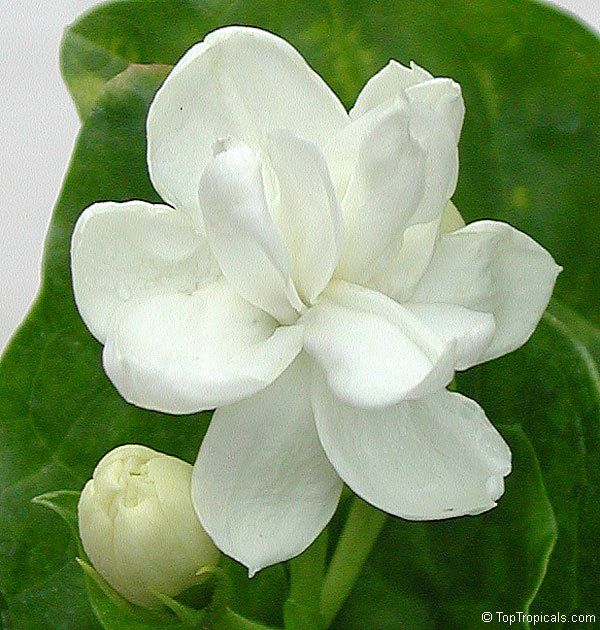 |
| 2584 Jasminum sambac Arabian Nights, Fragrant Jasmine |
Grown in
6"/1 gal pot
$29.95
Sale $25.46
 |
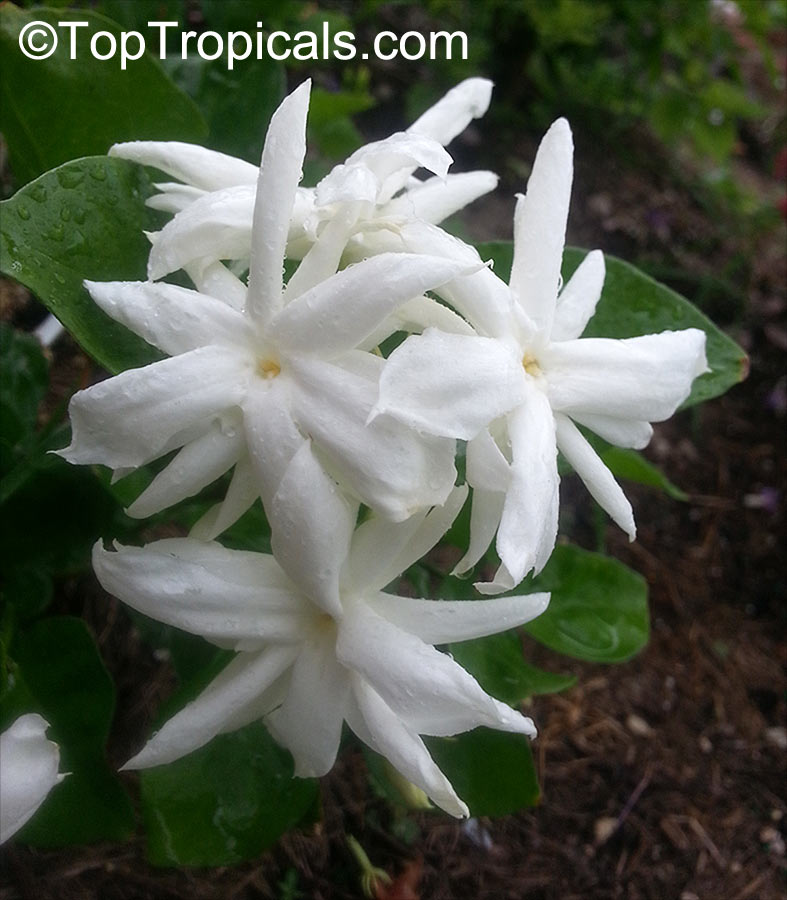 |
| 1129 Jasminum sambac Belle of India, Fragrant Jasmine |
Grown in
6"/1 gal pot
$29.95
Sale $25.46
 |
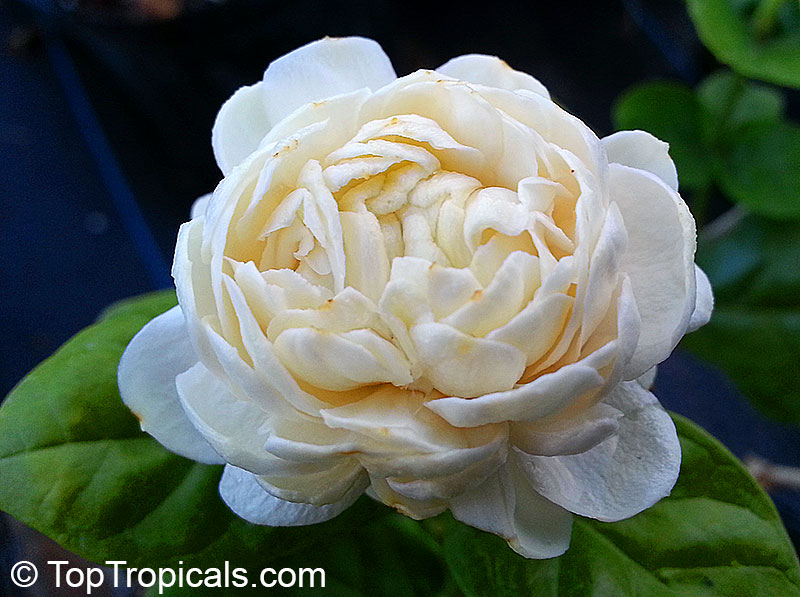 |
| 1131 Jasminum sambac Grand Duke of Tuscany, Fragrant Jasmine |
Grown in
6"/1 gal pot
$29.95
Sale $25.46
 |
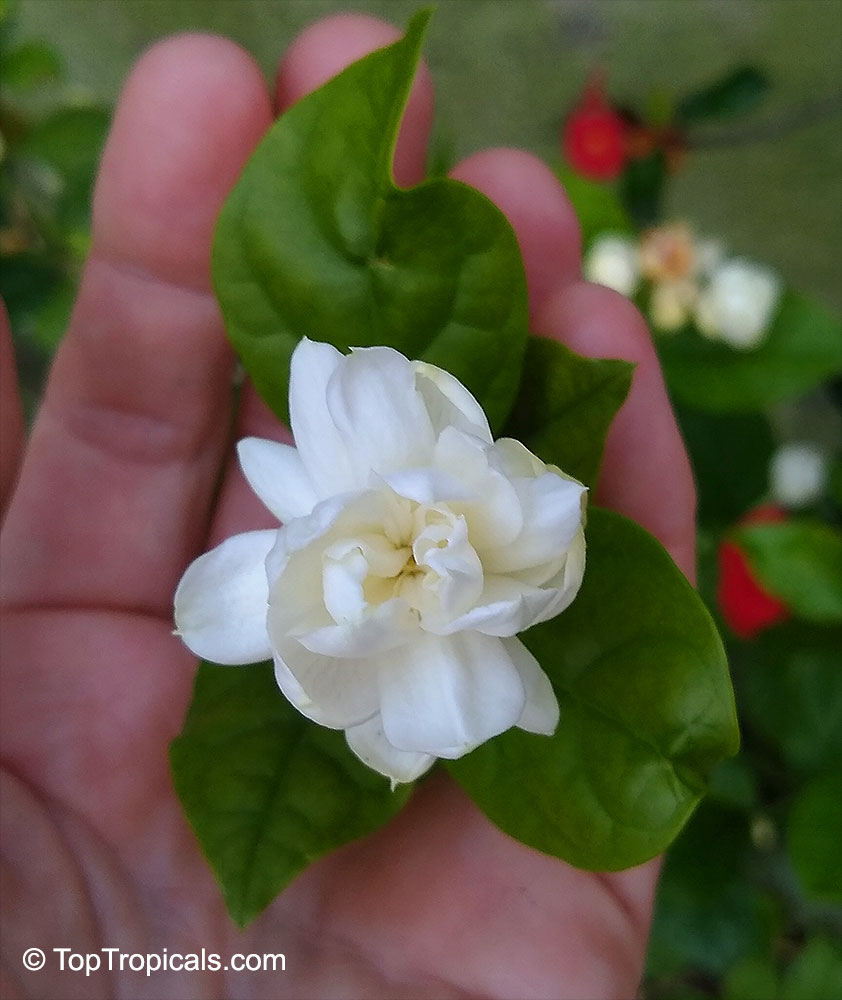 |
| 6801 Jasminum sambac Gundu Malli, Fragrant Jasmine |
Grown in
6"/1 gal pot
$49.95
Sale $42.46
 |
 |
| 6633 Jasminum sambac Little Duke - Baby Duke |
Grown in
6"/1 gal pot
$39.95
 |
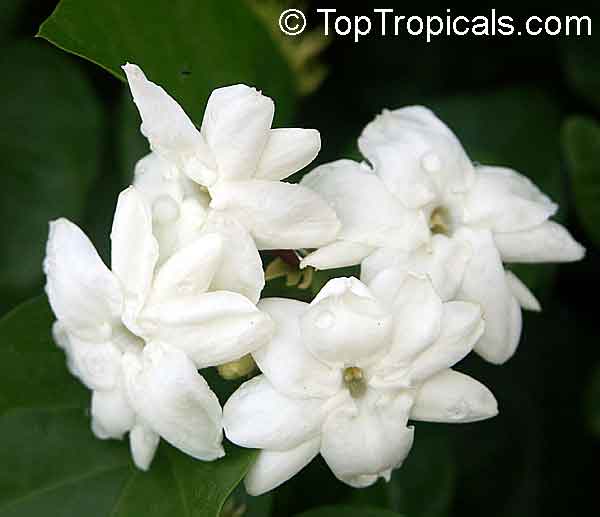 |
| 1133 Jasminum sambac Maid of Orleans, Fragrant Jasmine |
Grown in
6"/1 gal or larger pot
$29.95
Sale $25.46
 |
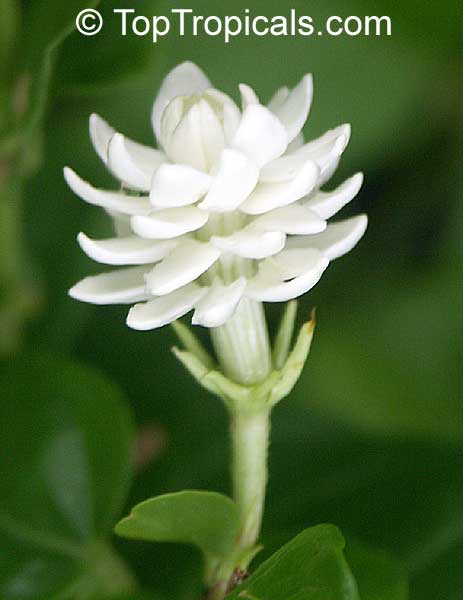 |
| 3436 Jasminum sambac Mali Chat, Fragrant Jasmine |
Grown in
6"/1 gal pot, pick up only
$49.95
Sale $42.46
 |
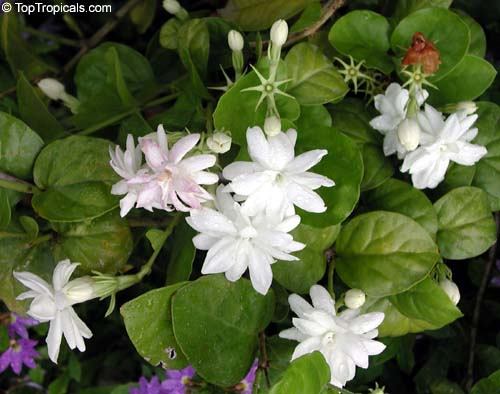 |
| 1127 Jasminum sambac Mysore Mulli, Fragrant Jasmine |
Grown in
6"/1 gal pot
$29.95
Sale $25.46
 |
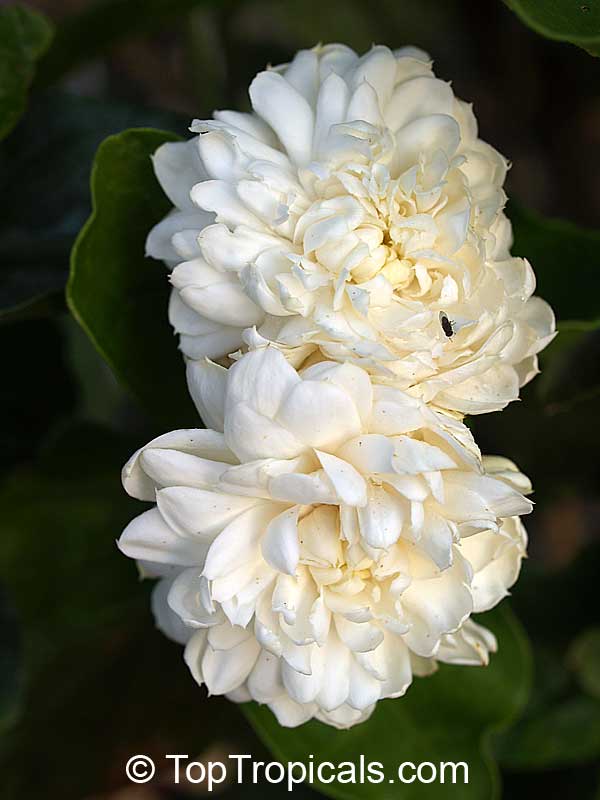 |
| 2819 Jasminum sambac Supreme Duke, Fragrant Jasmine |
Grown in
6"/1 gal pot
$49.95
Sale $42.46
 |
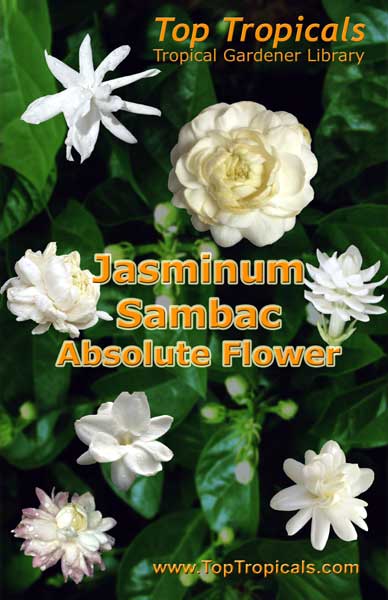 |
| 4734 Jasminum Sambac Absolute Flower - book - PDF file download (21.8 Mb) |
Free shipping |
20 pages
$5.00
 |
